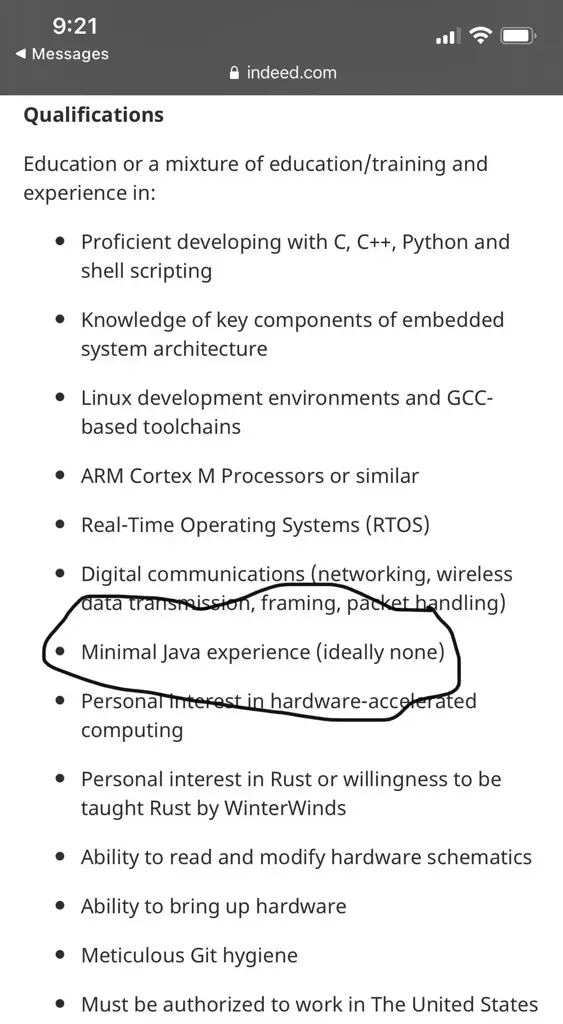this post was submitted on 07 Dec 2023
10 points (100.0% liked)
196
17554 readers
461 users here now
Be sure to follow the rule before you head out.
Rule: You must post before you leave.
Other rules
Behavior rules:
- No bigotry (transphobia, racism, etc…)
- No genocide denial
- No support for authoritarian behaviour (incl. Tankies)
- No namecalling
- Accounts from lemmygrad.ml, threads.net, or hexbear.net are held to higher standards
- Other things seen as cleary bad
Posting rules:
- No AI generated content (DALL-E etc…)
- No advertisements
- No gore / violence
- Mutual aid posts are not allowed
NSFW: NSFW content is permitted but it must be tagged and have content warnings. Anything that doesn't adhere to this will be removed. Content warnings should be added like: [penis], [explicit description of sex]. Non-sexualized breasts of any gender are not considered inappropriate and therefore do not need to be blurred/tagged.
If you have any questions, feel free to contact us on our matrix channel or email.
Other 196's:
founded 2 years ago
MODERATORS
you are viewing a single comment's thread
view the rest of the comments
view the rest of the comments

I worked under a self-proclamed Python/JavaScript programmer, and part of the job involved doing rather advanced stuff in various other typed languages like c# and c++. It was hell. The code review were hell. For every little tiny weenie little things we had to go through "why coding c++ like it is python" is a very bad idea.
What is crazy about developers who exclusively work with scripting languages is that they have no conception of why general good practices exist, and they often will make up their own rules based on their own quirks. In my previous example, the developer in question was the author of a codebase that was in literal development hell, but he was adamant on not changing his ways. I'd definitely be wary of hiring someone who exclusively worked with scripting language, and sometime it is less work to train someone who is a blank slate rather than try to deprogram years of bad habits.
I'd change this slightly - the problem isn't exclusively working in scripting languages, but dynamically typed ones. There are people who write great code in Python (with typing) and in Typescript, and they usually can work well in other languages too. But people who don't type their programs are in my experience simply bad developers, the way you describe.
True that, this was pretty much the intended meaning of my reply but you worded it better.
Ah, good!
I feel like there is a fundamental difference between developers with a data-centric perspective, and a function-centric perspective.
The function-centric one is about adding functionality, and it's what developers start out with. You have functions that do things, and if requirements change or the thing should be re-used - no problem, I can quickly add a new toggle parameter here or bolt it on over there. I'll be done in 5 minutes, no problem!
Then, over time, you learn that functionality isn't that interesting or difficult. Instead, the hard parts are the ones concerning the flow of data through your application. What do I know about the shape of my data in this part of my application? What can I be sure of regarding invariants over there? This forces you to build modular software without interdependencies, because - in the end - you just build a library that has small adapters to the outside world.
I like scripting languages a lot, but it's way too easy to become "good" at that style of programming, and the better you get at it, the harder it will be to actually move forward to a data-centric perspective. It's a local maximum that can trap people, sometimes for their whole career. That's why I try to look at typing experience when evaluating candidates for positions.
That's true.
It's also true in other fields. For example, take far-eastern fighting skills:
Young students will try to hit someone, to beat someone up, to hit a target, to become "stronger".
Experienced teachers, however, don't really care about hitting a target. It's all about the posture. How you stand. How you carry out your movements.